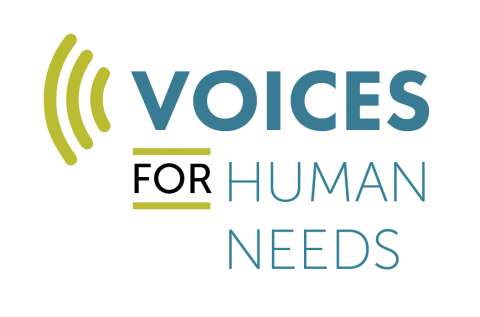
Fact of the Week: Roughly 25 Percent of Demand for Emergency Food and Shelter Went Unmet in U.S. Cities
A survey of select cities across the U.S. showed that roughly a quarter of individuals and families who needed emergency food and shelter were turned away because of a lack of available resources. The Hunger and Homelessness Survey from the United States Conference of Mayors, released in late December, presented the results of the survey that covered 22 cities for the period from September 2014 to August 2015. The survey found that, because not enough beds were available, emergency shelters in 76% of the survey cities had to turn away homeless families with children. Shelters in 61% of the cities had to turn away unaccompanied individuals.
Other findings from the report include:
- 66% of the survey cities reported an increase in the number of requests for emergency food assistance. Among those requesting assistance, 42% were employed and 23% were elderly.
- Food pantries and emergency kitchens in more than half of the cities reported turning away people because of a lack of resources. In 57% of the cities, the number of times a person or family could visit a food pantry each month had to be cut back.
- 58% of the survey cities reported an increase in the total number of homeless people.
- 65% of the cities expect requests for emergency food assistance to increase next year, yet 59% of the cities expect that resources will remain the same. Officials in half of the cities expect the number of homeless families to increase next year, while only 1 in 5 cities expects to see more resources.
- Low wages, poverty, a lack of affordable housing, and unemployment were all identified as the leading causes of hunger and homelessness.
- City officials called for more jobs with higher wages, including a living wage, more assisted housing, more affordable housing, and an increase in SNAP/food stamps benefits as important actions to take to reduce hunger and homelessness.
The National Alliance to End Homelessness created an interactive map on their blog to provide a snapshot of the increases or decreases in total homelessness, family homelessness, and individual homelessness in some of the cities that reported data for the study. Check it out here.
The mayors of the 22 participating cities, which include Chicago, Los Angeles, San Francisco, Seattle, Dallas, Washington, DC, San Antonio and others, serve on the U.S. Conference of Mayors’ Task Force on Hunger and Homelessness. In the telephone press conference announcing the report, the Task Force’s co-chair and Santa Barbara Mayor Helene Schneider said, “Until our economy improves for all Americans, programs to combat poverty, hunger, and homelessness will become critical essentials for more and more people. We clearly need a broader policy response from Congress and our federal elected officials to address these issues.”
The Food Research and Action Center’s Legal Director Ellen Vollinger addressed actions that need to be taken, adding
“Addressing hunger and homelessness requires a comprehensive approach, which includes improving jobs, wages, income and strengthening programs like SNAP and child nutrition programs, which serve as the first line of defense against hunger. There are no excuses for leaving hungry and homeless Americans behind.”
We couldn’t agree more.
This post was originally published on the Coalition on Human Needs' blog, Voices for Human Needs. Receive similar articles in your inbox by subscribing today, and follow CHN on Facebook and Twitter.

The views and opinions expressed in this post are those of the author(s) and do not necessarily reflect those of MomsRising.org.
MomsRising.org strongly encourages our readers to post comments in response to blog posts. We value diversity of opinions and perspectives. Our goals for this space are to be educational, thought-provoking, and respectful. So we actively moderate comments and we reserve the right to edit or remove comments that undermine these goals. Thanks!